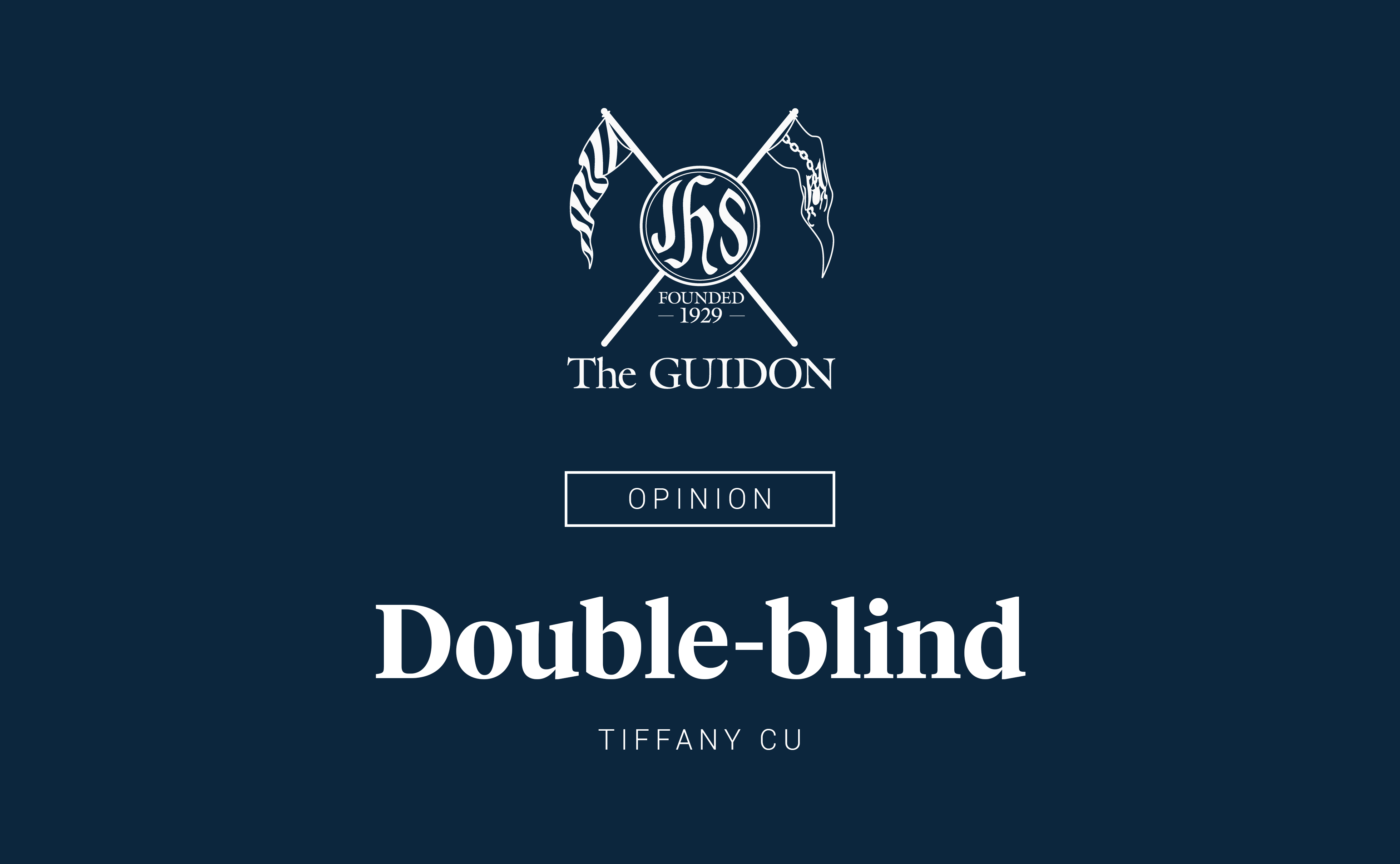ALL MY dreams are bad.
When I fall asleep, I either coast through the night in sweet oblivion or wake up several times in cold sweat. The feeling of panic is constant, but the scenes are either one of two: Running away from something or chasing after another unknown. When I startle awake, my heart is still beating a mile a minute, my knuckles white from my fist gripping the blanket.
While I dread the thought of sleep because of this, my dreams only mirror the feelings I have in my waking hours. I shoulder a lot of work in hopes that it pays off in the end—that there is a finish line. Once crossed, I can finally shift to basking in the feeling of having “made it.” Consequently, I am always chasing after deadlines, grades, or other achievements that may bolster my perceived chances of success.
However, the pressure of having every action count towards the endgame is heavy, and the fatigue sets in quickly. In these times, I find myself running away from the thought of work, binging on books and shows to block off the anxiety that comes with actively thinking about the long run. Nevertheless, even hiding from my problems spurs heavier feelings of dread, and I find myself guilted back to my desk.
One of the earliest lessons I learned in school was delayed gratification—the art of investing my time and effort into a goal I can enjoy after I achieve it. In its healthiest form, delayed gratification serves to build more permanent solutions to problems. For example, therapy isn’t fun and often entails confronting unwanted emotions, but it’s a long-term investment in developing better coping mechanisms and resolving past trauma.
Nonetheless, the concept of delayed gratification is also twisted to support forms of toxic productivity, pushing the narrative that rest and leisure are gratifications best delayed in favor of more “productive” goals. When paired with a heady sense of ambition, it’s easy to get lost in the bustle of work and neglect to savor the present.
Students play the long game by studying in the present to get good grades in the future. But when the assessments never end, when does the student enjoy their reward? Playing the long game isn’t a bad thing, but burnout becomes an inevitable opponent when it’s the only game being played.
I’d assumed that the completion of my goals would free me of further struggle. I’m starting to realize that life doesn’t work that way.
In developmental psychology, Erik Erikson is a staple name for identifying the stages of psychosocial development. In his model, each stage of life centers around a crisis, and there’s always something to work through regardless of achievement.
Some people may pass through each stage with relatively more grace than others, but for the most part, everyone faces an innate crisis even in old age. It seems like having everything figured out at any point in time is largely unsustainable, if not impossible. There is always another crisis, another finish line to chase after.
Growth involves struggle, and it’s a lifelong endeavor. While we work to reach our goals, we may find that our quality of life is better when we don’t live for them. Better yet, I’ve found that expanding the scope of my goals to include closer relationships and establishing healthy habits have helped me prioritize my well-being in the present. At the very least, it can improve my quality of sleep.







